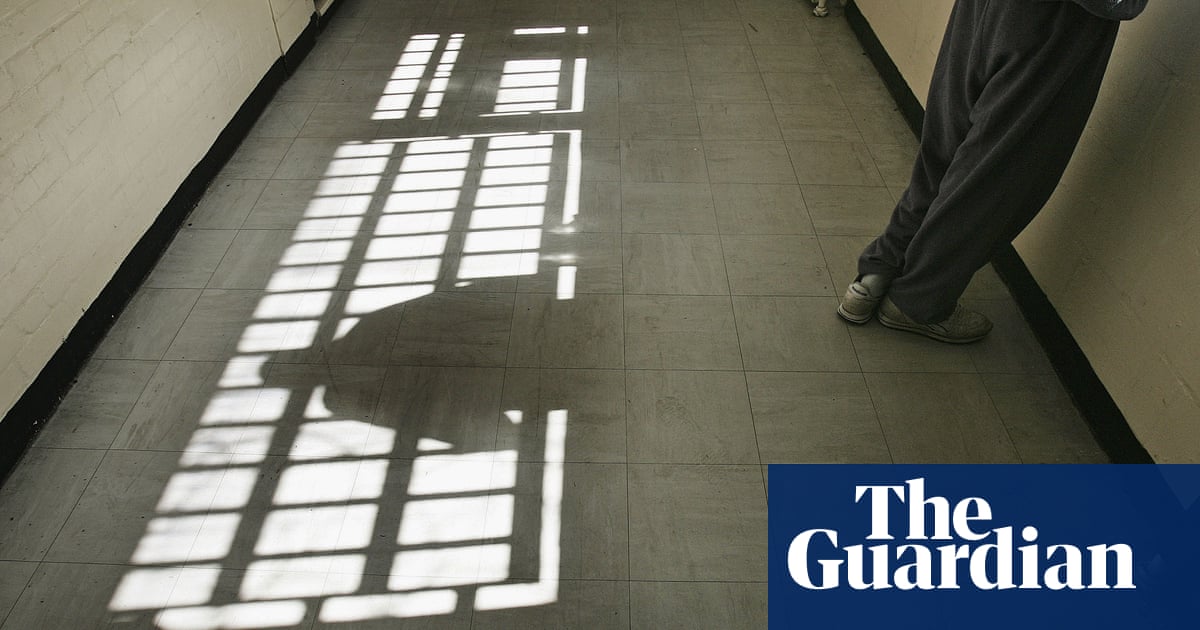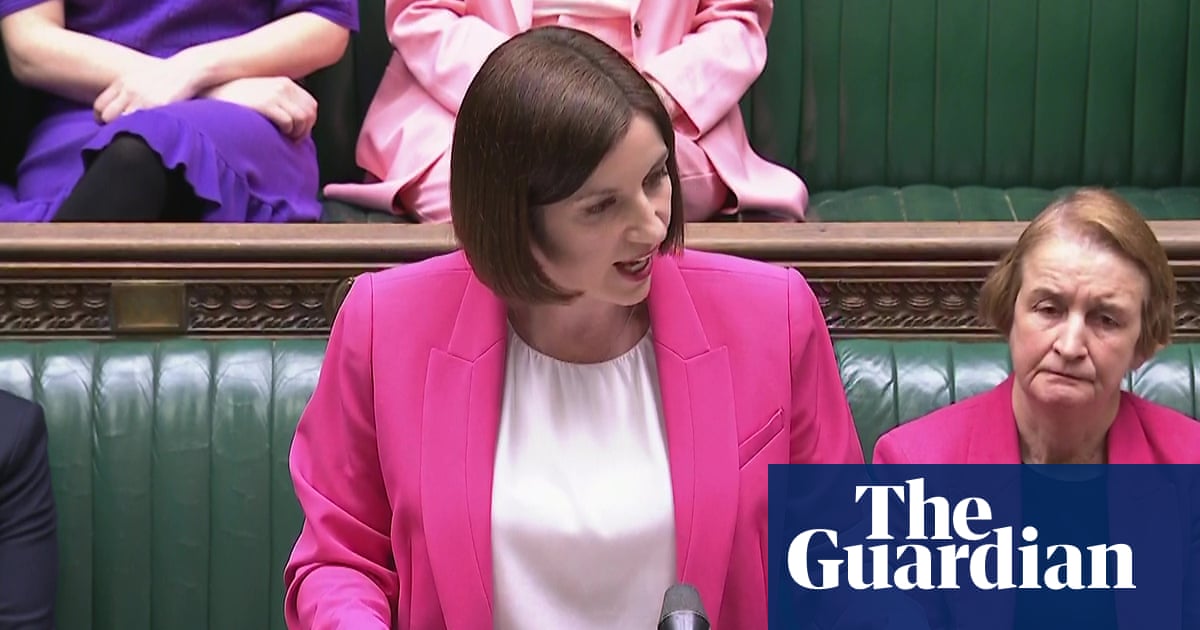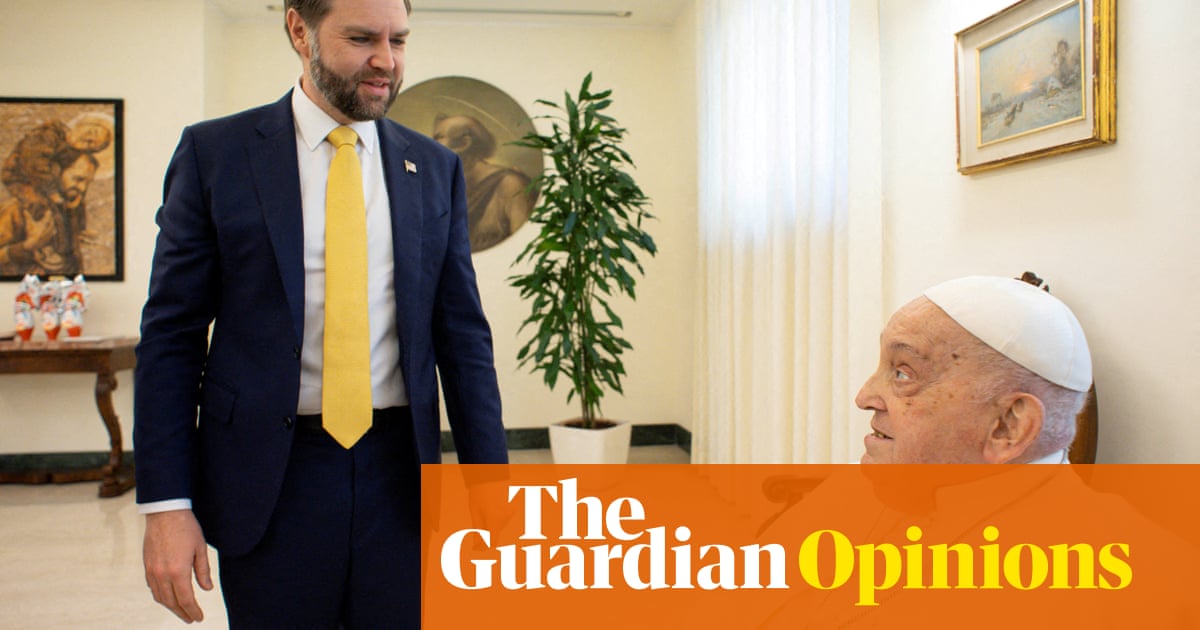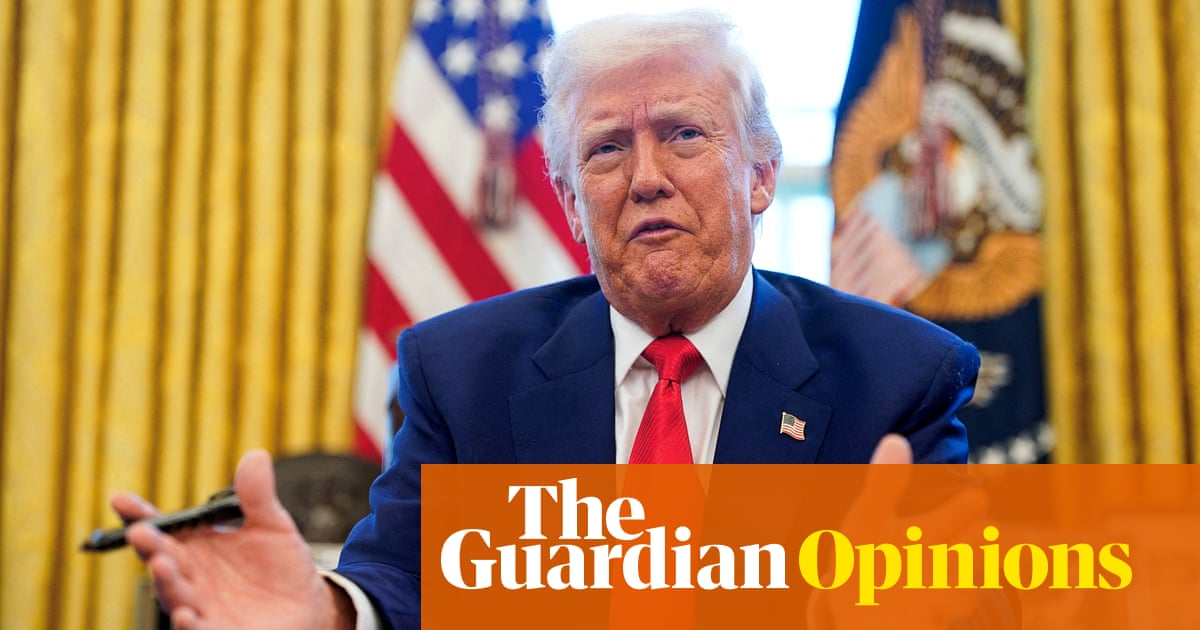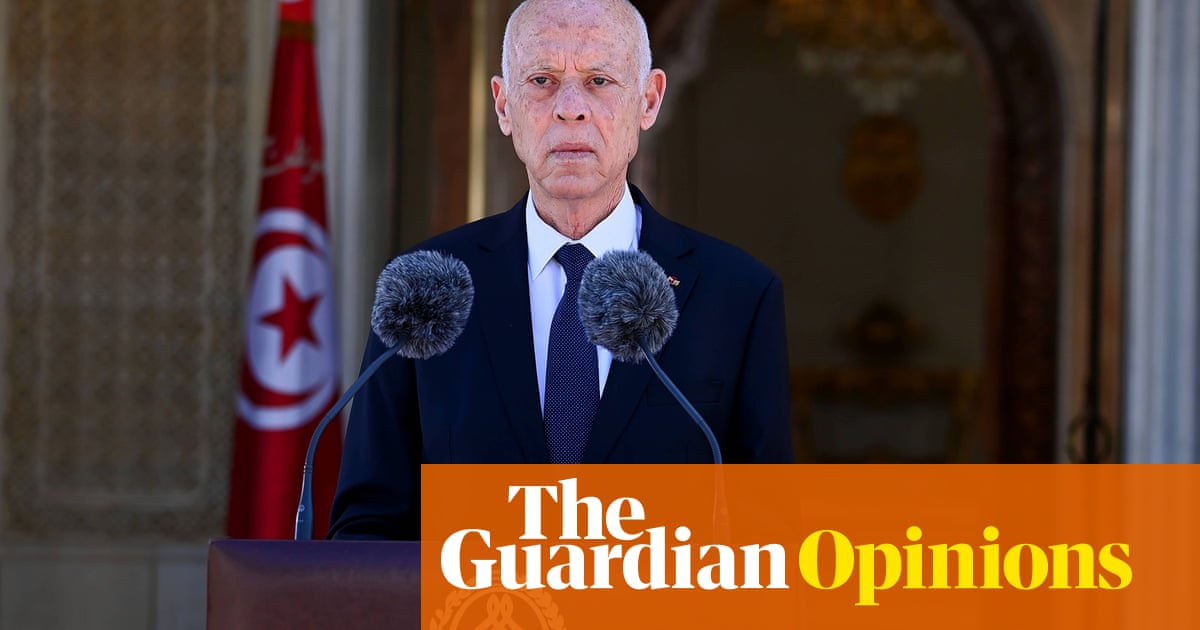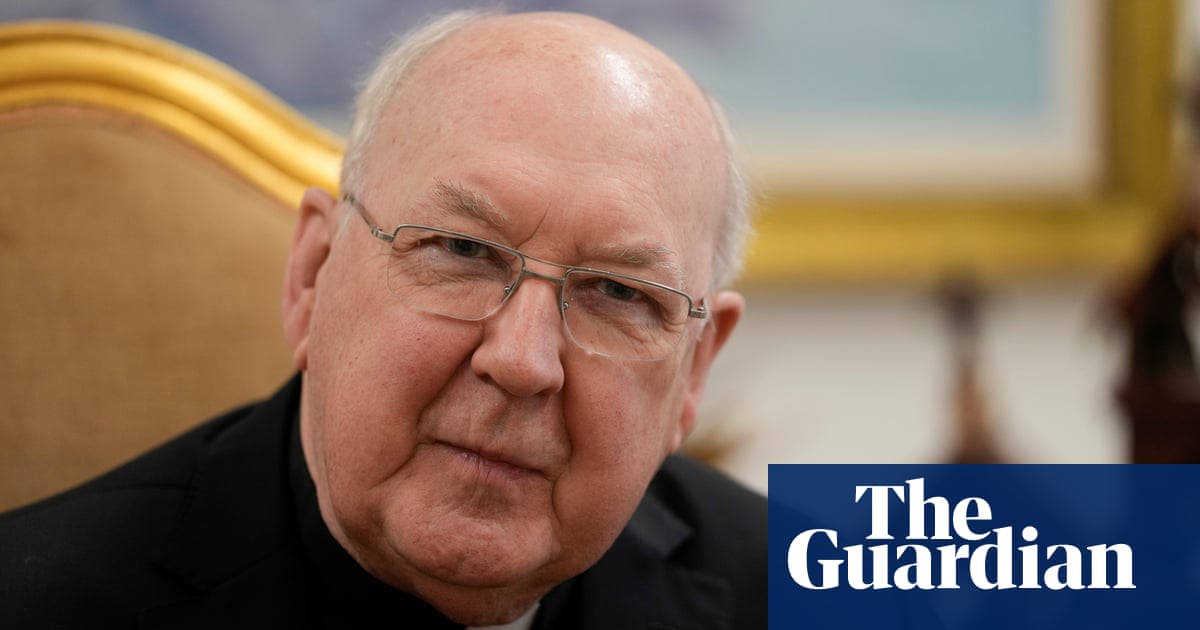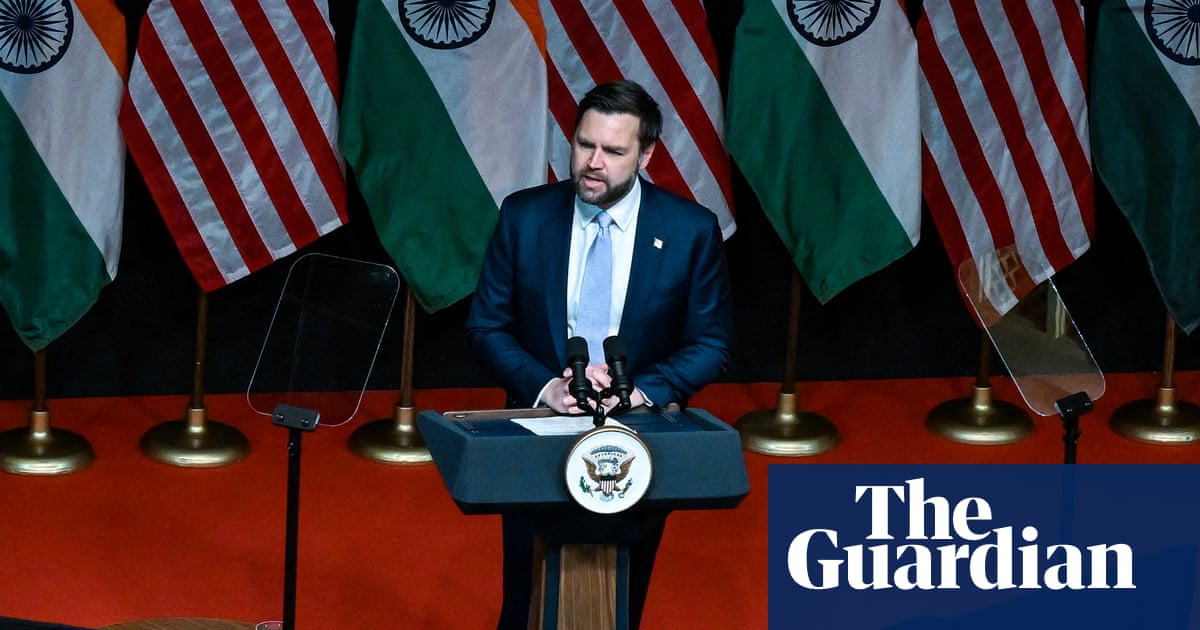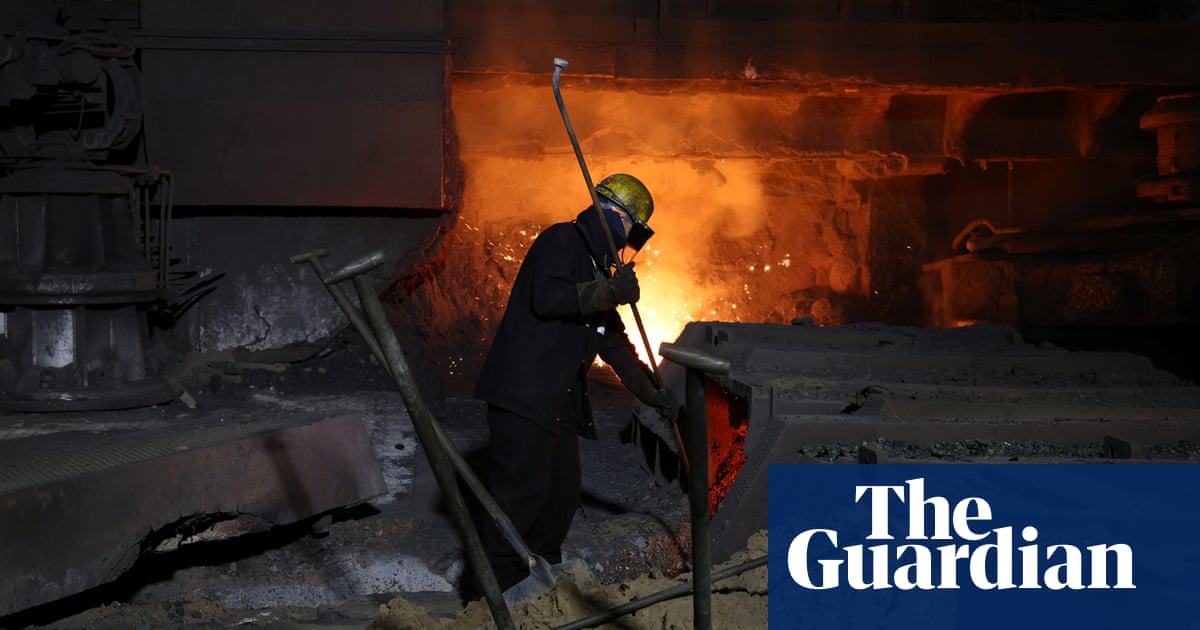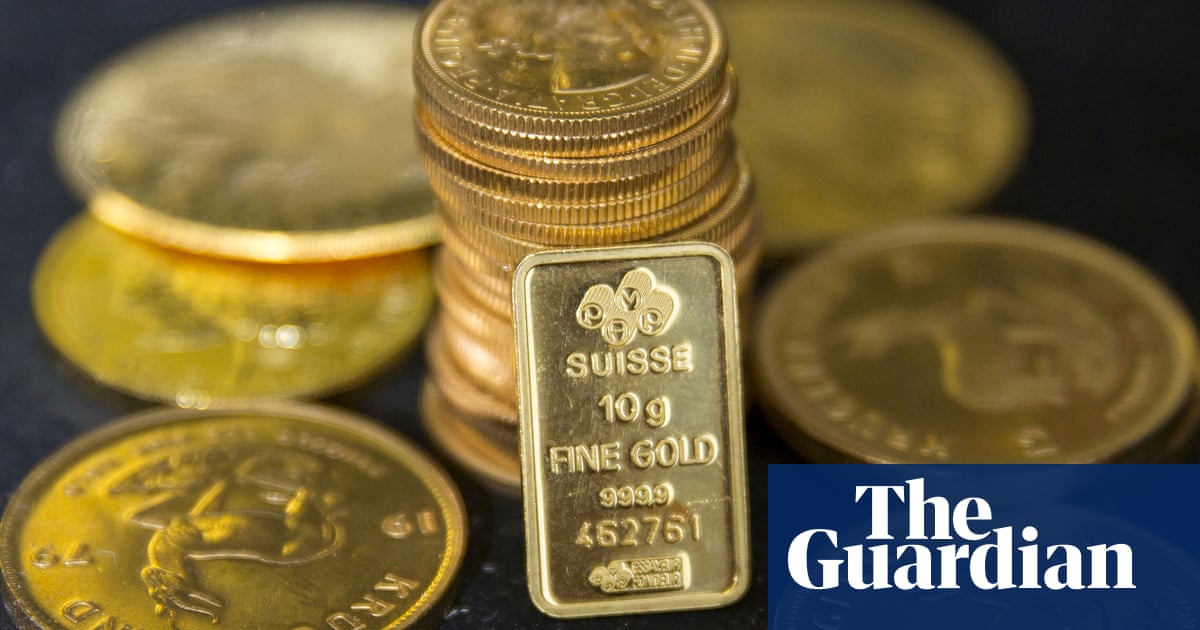US stock markets, Treasury bonds and the dollar itself are sliding amid the tariff turmoil and Donald Trump needs a soft target. It was probably only a matter of time before he intensified his attacks on Jerome Powell, chair of the US Federal Reserve. It is an easy narrative to blame the dull central banker with orthodox worries about anchoring inflation expectations. Nor is Powell able to engage in tit-for-tat soundbites. Unlike Trump, he must measure the impact on markets of his every word.
The open question is how far Trump intends to push things. Monday’s reaction in financial markets was strong because it seemed for the first time that the president could be serious about removal. “Powell’s termination cannot come fast enough!” declared Trump, which was several notches beyond his usual whine about urging the Fed to hurry up with cuts in interest rates.
Yet the first effect of firing Powell should be obvious. Financial markets would tank, possibly to the extent of making the current upset over tariffs look like a mild tantrum. You do not mess with central bank independence lightly – especially not in today’s circumstances. If loose monetary policy were thrown into an already unstable inflationary and tariff mix, the dollar would fall further, the flight from US assets would accelerate and long-term borrowing costs for the US would increase.
Under a tame Fed chair Trump might get his desired immediate cut to interest rates, but only at the cost of wrecking confidence in US monetary policy-making further. Credibility would be gone. The real cost of long-term borrowing for businesses and consumers would rise.
Paul Ashworth, chief North America economist at the thinktank Capital Economics, takes a slightly more optimistic view that ditching Powell “might not end up being a full-blown disaster for the markets” if a “relatively-qualified replacement” could be swapped in immediately – candidate A being Kevin Warsh, who was on the Fed board of governors from 2006 to 2011. But Ashworth also makes the critical point that the saga would not end there.
Warsh, or anybody else, would have only one vote on the policymaking committee, so could not guarantee to deliver what Trump wants. Indeed, the chair of the Fed board has to be confirmed as chair of the policymaking committee, so the other members might not play ball if they take their independence seriously.
“At this point, Trump would be forced to go all-out and fire the rest of the Fed board too,” suggests Ashworth. “Sometimes it is not enough just to cross the Rubicon, you have to march on Rome too.” Cue mayhem in markets as Trump, presumably, would try to pack the Fed with a full line-up of poodles. “The Senate might still be willing to vote down overtly political picks, in an attempt to maintain some of the Fed’s credibility, triggering more chaos,” adds Ashworth.
None of which means Trump won’t attempt such a manoeuvre, of course. But you’d think even he would conclude that throwing insults at Powell, whose term ends in May next year anyway, is simpler business than acting on them.
after newsletter promotion
Public agitation has costs in itself, it should be said. As Dario Perkins, economist at City firm TS Lombard tweeted “given the overt pressure coming from this administration, who would want to be the next Fed chair anyway? In these circumstances, you have to be pretty suspicious of WHOEVER takes on the job next year...” Well, quite. The whole performance is extraordinarily self-defeating.

.png) 3 hours ago
4
3 hours ago
4
